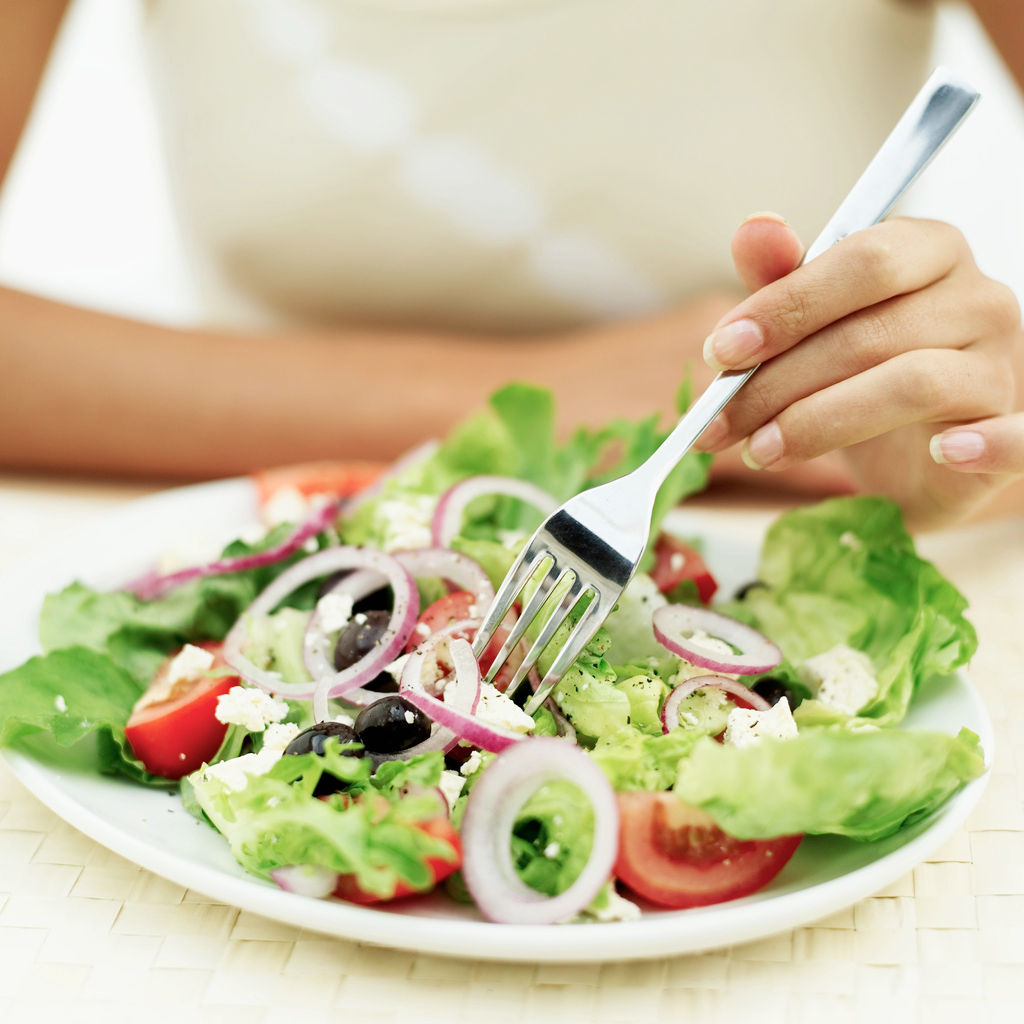Breastfeeding is the best for babies and a healthy diet / maternal nutrition is important when breastfeeding. A decision not to breastfeed can be difficult to reverse. Infant formula is suitable from birth when babies are not breastfed. It is recommended that all formula milks be used on the advice of a doctor, midwife, health visitor, public health nurse, dietitian, pharmacist, or other professional responsible for maternal and child care and the financial implications should be considered. All preparation and feeding instructions should be followed carefully as inappropriate preparation could lead to health hazards.
Diet Changes To Make Before Getting Pregnant
There’s no running away from it, for both men and women, nutrition and fertility are linked. So the sooner both parties start eating well, the more likely you are to get pregnant. Besides amping up on certainnutrients, making some specific dietary changes can improve your chances of conceiving and ensure a healthy baby.
Avoid Alcohol and Cut Down on Caffeine
Now’s the time to replace your party drinks with non-alcoholic variations and wean yourself off the caffeine addiction. Too much alcohol can interfere with ovulation and menstruation in a woman and impair sperm count and motility in a man. Studies also found that a high consumption of caffeine can lead to decreased fertility in women.
Eat the Right Fish
Fish is an excellent source of omega-3 fatty acids and protein, but some oily varities may contain high levels of mercury that can be harmful. To be safe, avoid swordfish, king mackerel and tuna. Cod, tilapia, trout, snapper, salmon and sardines, on the other hand, tend to be low in mercury, so go ahead and enjoy these healthy choices!
‘Slow’ the Carbs
Some studies link a diet high in ‘fast’, processed carbohydrates – such as white bread, potatoes and sugary foods – to ovulatory infertility. The culprit is insulin, which could throw off your hormones necessary for ovulation. In contrast, foods that are slow-acting, high in fibre and lower on the glycemic index may improve fertility. So go for whole grains, oatmeal, seeds, legumes and beans!
Beware of Bacteria
Unpasteurised soft cheeses, cold deli meats, and raw or undercooked fish and poultry can harbour dangerous bacteria that may lead to listeriosis, salmonella or E. coli. These infections can impact your fertility and be harmful to your baby-to-be. For the same reasons, wash your hands and kitchen tools well when preparing food at home.
And for Dads-to-Be…
Get your partner on the healthy eating bandwagon with you! Foods rich in Vitamin C and antioxidants can prevent sperm defects and improve motility, while nutrients like folic acid help to produce healthy sperm. Make sure your partner gets adequate zinc too, as a deficiency may lead to poor sperm function.
Disclaimer: All content on this Website is provided solely for informational purposes and is not intended as a substitute for medical and/or other professional advice for your specific condition. Please do not disregard medical and/or other professional advice or delay seeking it because of something you have read on this Website. Always seek medical advice before starting any new treatments.

Read More

Ask Our Careline
Whatever’s on your mind, we’re here to help



